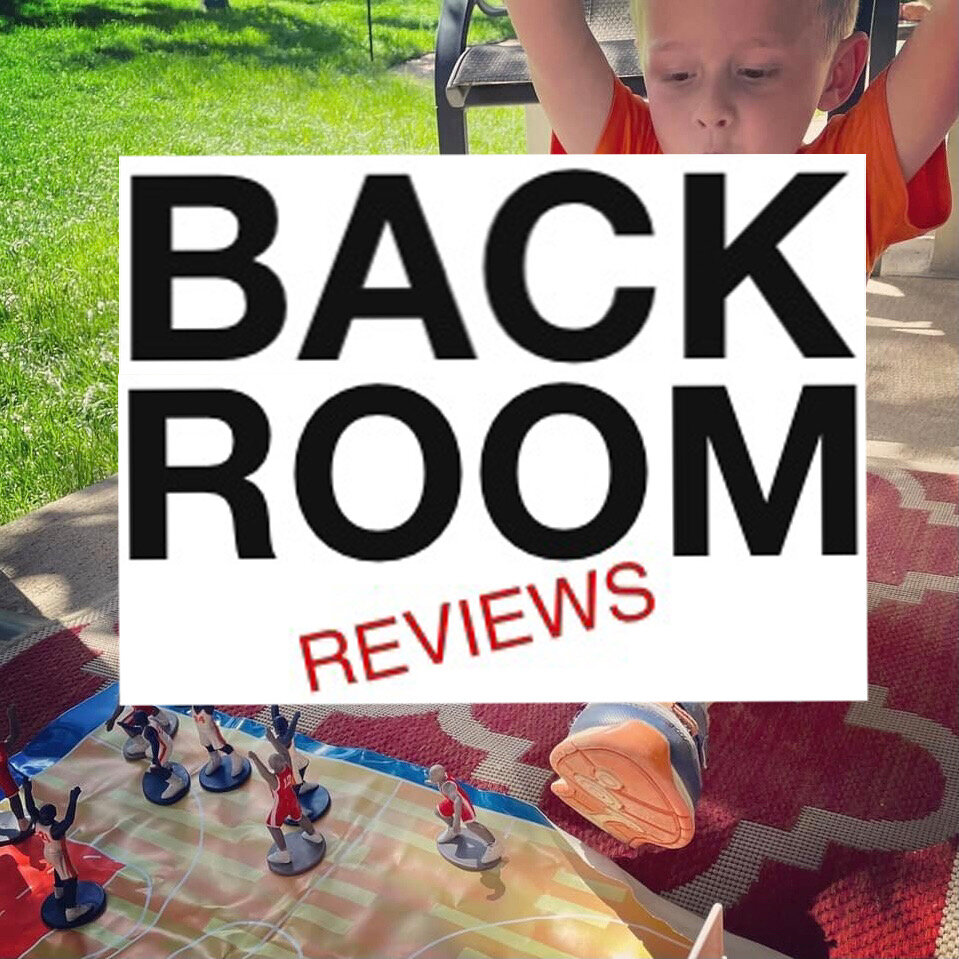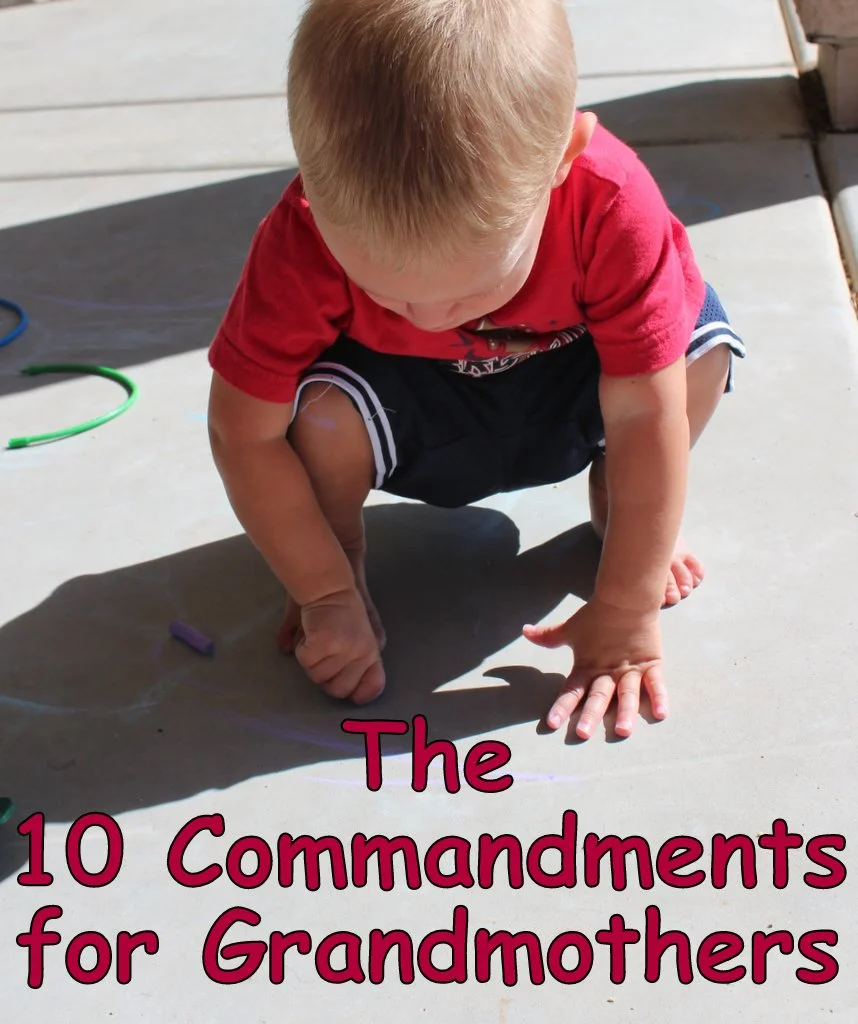Pomp and certain circumstances
/
In recognition of graduation season, here are 9 reasons I'm glad I don't have a teen graduating from high school.
1. Been there, done that. Three times over.
2. The cost: senior pictures, announcements, class rings, yearbooks, caps and gowns, and more.
3. Aforementioned senior pictures. Not so sure how it goes with boys, but with girls there's the trauma, the drama of portraits. (Tho I must admit my girlies' senior photos were lovely ... and they kept their bodies appropriately covered, unlike some senior portraits I've seen of late.)
4. The cost, part two: graduation gifts. No cars for my kids, but there were computers for college.
5. Gah! College! Graduation from high school means college plans or at least considerations. So, so, SO glad to be done with college app fees, FAFSAs, food plans, and travel to and fro.
6. Senior prom. Enough said. If you've ever gone to one — or had a child go to one — you know what I mean.
7. Graduation night parties. Fear and trembling on the part of parents with kids who think the flip of a tassel has made them an adult and they're ready to party like one. (Kids who don't realize that adults typically party hearty in a less hearty — and more safe — manner. Usually.)
8. The summer before college. Again, fear and trembling on the part of parents with kids who think they're adults ... except when it comes to picking up their room, saving money, packing all the right stuff for college, and being considerate of parents who still expect them to come home before the crack of dawn (or at least call if they're not).
9. The next chapter: The empty nest. It's a tough one to get used to. Been there, done that, too. Am now finally used to it. And am so glad I don't ever have to go through the transition again.
All kidding aside, to those who do have lovelies marking the end of their high-school careers this graduation season, I sincerely say Congratulations! (And good luck!)
Photo: stock.xchng
Today's question:
What is one of the more valuable lessons you learned from high school?

































